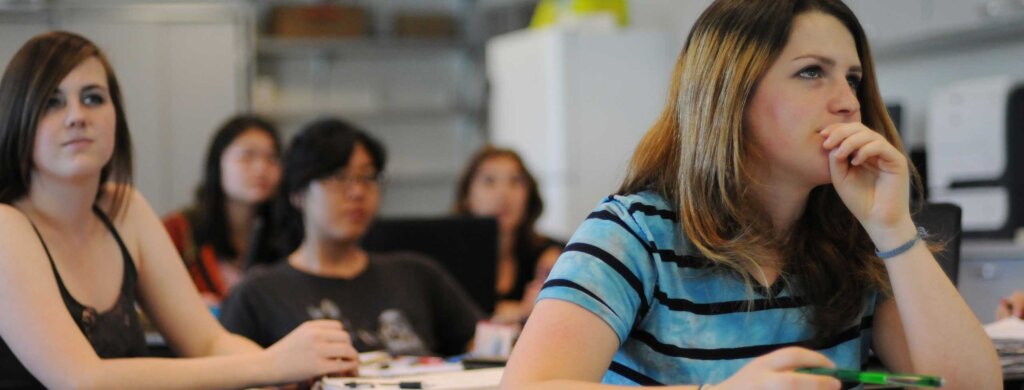Natural Science Research Classes
Natural Sciences Research I and II are a series of classes that offer academic credit for students doing research in the lab.
Natural Science Research FAQs
This is information for interested students for Natural Sciences Research courses: BIOL196, BIOL197, CHEM196, CHEM197, EA196, EA197, NEUR196, NEUR197, PHYS196, and PHYS197.
This class is a mentored research experience with a Department of Natural Sciences faculty member. It is not a structured lab course that will teach you methods. It is more like an internship where students perform research under the mentorship of a faculty member.
To provide faculty and students the flexibility to create an experience that works best for them, there are few formal requirements and structure. However, we strongly encourage students to proactively discuss the expectations and experience with their faculty mentor before enrolling in the course.
For each discipline, you can enroll in either Natural Sciences Research I (196) or Natural Sciences Research II (197). These differ based on the time commitment expected. Although the decision is ultimately made between faculty mentor and researcher, enrollment in 196 generally requires approximately 3–6 hours/week and enrollment in 197 requires approximately 6–10 hours/week. This may vary from lab to lab and depends on the nature of the research. Please discuss this with your faculty mentor before the start of the term.
Each student must request permission to enroll (PERM) and must provide the faculty administrator of the class with some basic information. If the student PERM is accepted, then the student will have permission to enroll (note that you still must actually enroll in the class). PERMs submitted after the add deadline will not be considered.
This will vary based on the type of research and the needs of the student and mentor, so it may vary quite a bit from student to student. We would recommend that you discuss this with your research mentor before the term starts. For most students, meeting once per week is appropriate/typical.
Whether a final paper, poster, presentation, report, etc. is expected will vary based on the type of research and the needs of the student and mentor. Please discuss whether this is expected with your research mentor before the term starts.
Unfortunately, this is not allowed under California state law. If you perform research in a faculty member’s lab, you must receive either financial payment or academic credit.



